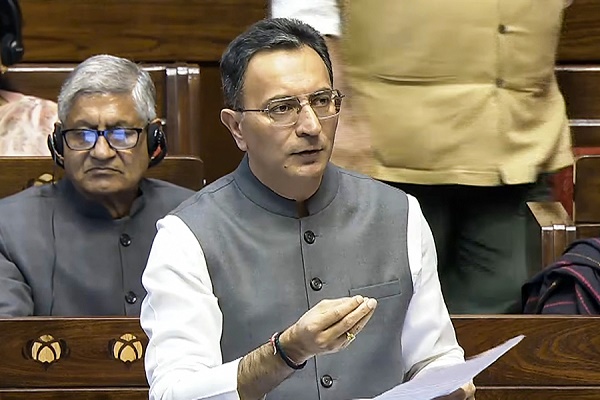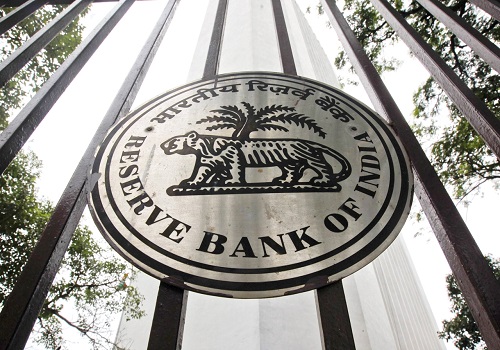Capital requirements to remain high for Indian corporates: Moody`s

Moody's Ratings in its latest report has said that capital requirements will remain high for Indian corporates as they go in for capacity expansion and inorganic growth spending. Moody's estimates that 16 of the 23 rated companies will require $70-100 billion of funding annually in the next two years for growth spending, refinancing requirements and shareholder payments. It said while improving domestic liquidity and companies' internal cash flows can cover a large portion of their capital needs, offshore funding will remain an important funding channel. It noted that capacity expansion, inorganic growth spending, refinancing and working capital needs, along with shareholder payments, will keep capital requirements high for nonfinancial corporates in India.
According to the report, capital spending by non-financial corporates will remain high as they expand their capacities to cater to the strong consumption growth expected in the country, at a time when their capacity utilization is already high. Expectations of strong consumption growth are driven by India's growing population, rising disposable incomes and favourable demographic trends, including a young population and rising urbanisation. The government's ongoing infrastructure spending also results in a multiplier effect on demand across industrial sectors including steel, cement, automobiles and oil and gas.
It further said even though the government is unlikely to achieve its target of raising the share of manufacturing activity to 25 per cent of gross domestic product (GDP) by FY24-25 from 13 per cent in FY22-23, assuming that the target is achieved by the end of the decade, the manufacturing sector's contribution to nominal GDP will rise to around $1.7 trillion in 2029-30 from $440 billion in 2022-23. This is based on assumption of average annual real GDP growth of 6.5 per cent over the same period.






















